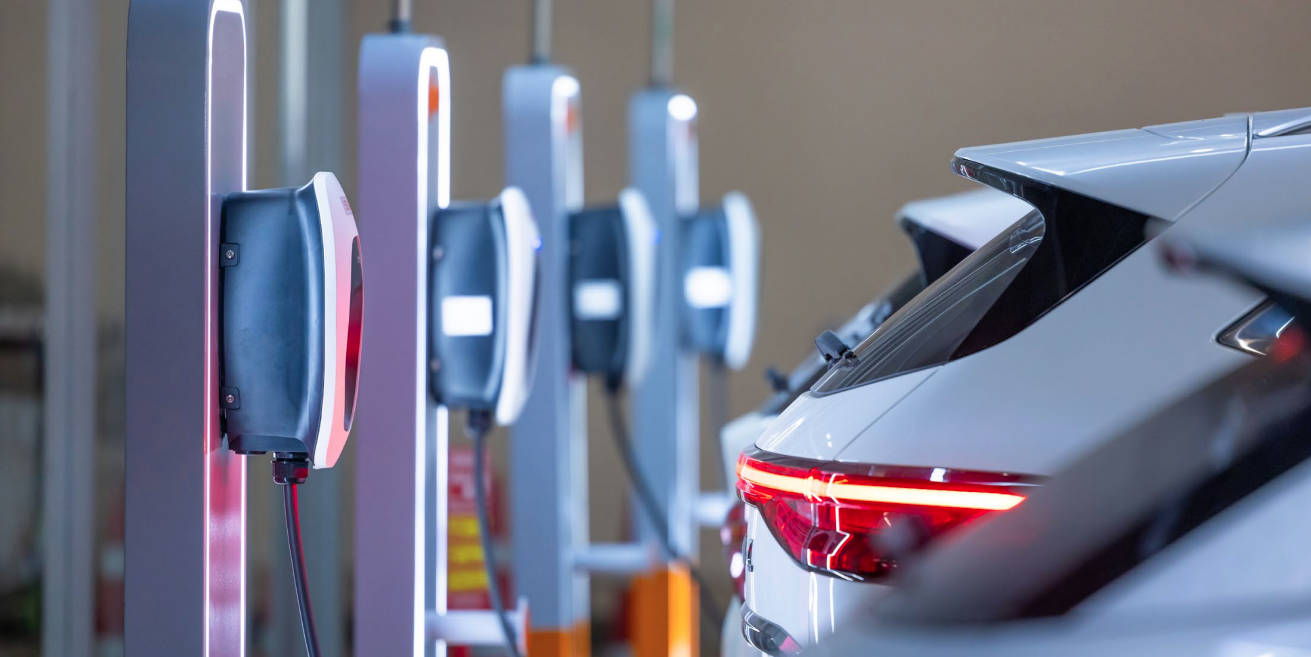Bridging the Gap: Revenue Options for Transportation Infrastructure in the Electric Vehicle Transition
August 20, 2025

Washoe County has experienced an increase in electric vehicles (EVs) and Hybrid Electric and Plug-in Hybrid Electric Vehicles (HEVs) since June 2020. The increase in EVs and HEVs represents a positive step in meeting clean air standards; however, this growth has had an impact on fuel consumption and taxable gallons of gasoline sold in Washoe County, thus reducing funding available for road construction and maintenance.
This study examines policy interventions other states have implemented to address the growth of EVs and HEVs and their impact on fuel tax collections.
Key Findings:
- From June 2020 to June 2024, EV registrations in Washoe County increased by 407.2 percent and HEV registrations grew by 112.6 percent.
- Other states have implemented measures such as additional vehicle registration fees for EVs and HEVs, Vehicle Miles Traveled taxes, and Electric Charging Station Taxes.
- Imposing additional registration fees on EVs and HEVs may be the best option for Washoe County due to its ease of implementation, cost-effectiveness, and revenue-generating potential.
- Two provisions in the Nevada Revised Statutes could be utilized to address funding gaps: (1) imposing a Supplemental Governmental Services Tax; and (2) increasing the County Optional Sales Tax by one-eighth of one percent for road construction and maintenance.


